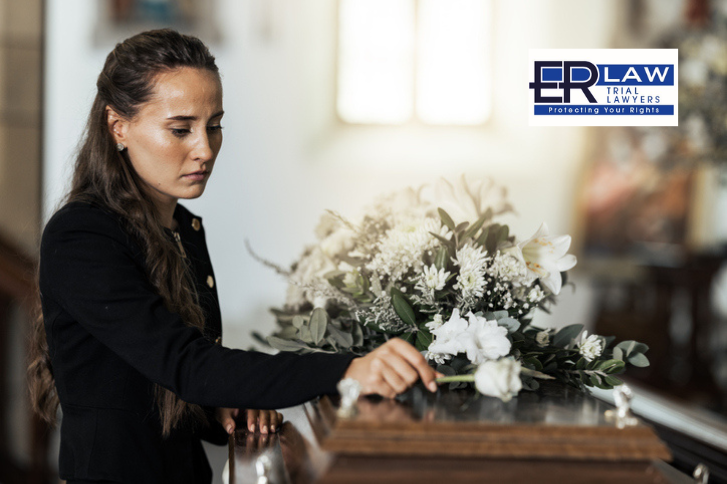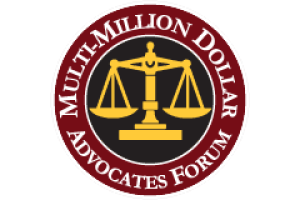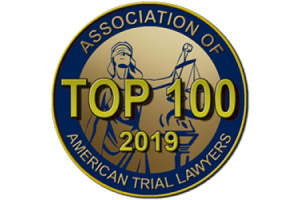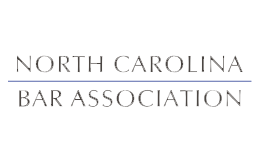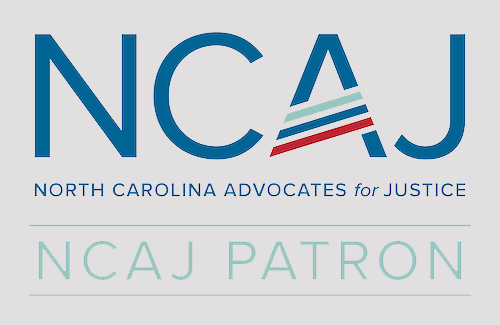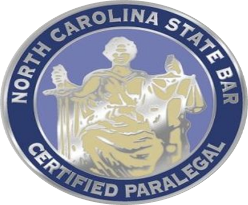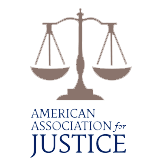Wrongful Death

Wrongful Death
Negligence cases like the ones we describe on this website can cause catastrophic injuries and death. When your loved one dies in a car wreck, fall, or construction incident, for example, the laws of North Carolina limit the time you have to pursue your case on behalf of the estate of the deceased. In addition, there are specific laws about what the estate can recover. We have pursued numerous wrongful death cases in North Carolina and have the experience to assist you with such a case on behalf of your loved one.
Related Practice Areas
Ask a Question,
Describe Your Situation,
Request a Consultation
Call (336) 904-9000(336) 904-9000, or fill out the short form below. Don’t hesitate; your questions are welcome.
Required Fields*
Your Information Is Safe With Us
We respect your privacy. The information you provide will be used to answer your question or to schedule an appointment if requested.


